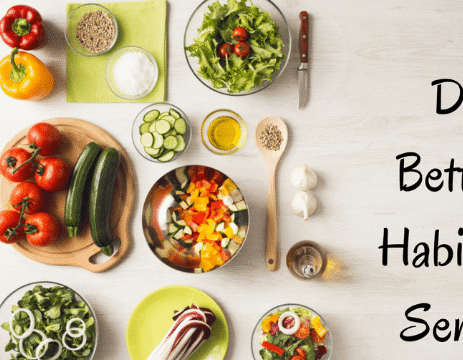Introduction
Managing your portion sizes isn’t just about dieting—it’s a smart way to stretch your grocery budget and adopt a healthier lifestyle. With a few simple strategies, you can reduce food waste, spend less at the store, and maintain balanced nutrition without overindulging.
1. Why Portion Planning Matters
Many people unintentionally consume more food—and calories—than needed. This often leads to overspending on groceries and potential health issues over time. Portion planning helps create structure, ensures you eat the right amount, and prevents both overeating and food waste.
2. Start with a Weekly Meal Plan
Planning your meals in advance:
-
Reduces impulse grocery purchases
-
Helps you buy only what you need
-
Makes it easier to prepare appropriately sized meals
Tip: Use a simple calendar or an app to jot down meals for the week, including snacks.
3. Understand Portion Sizes
Portion size is different from serving size. Serving sizes are recommended amounts from nutritional guidelines, while portion sizes are what you choose to eat. Use visual cues to keep portions in check:
-
A deck of cards = 3 oz. of meat
-
A tennis ball = 1 cup of fruit or vegetables
-
A computer mouse = ½ cup of rice or pasta
4. Use Smaller Plates and Bowls
Psychology plays a role in how much we eat. Studies show that smaller dinnerware encourages smaller portions without making you feel deprived.
5. Pre-Portion Snacks
Instead of eating from a large bag or box, divide snacks into single-serving containers or bags. This prevents mindless eating and helps track how much you’re consuming.
6. Store Leftovers Smartly
Invest in meal prep containers. When you cook, divide the meal into portions immediately. Store them as grab-and-go options for lunch or future dinners.
7. Track Food Waste and Adjust
If you consistently throw away leftovers, consider reducing your recipe sizes. Keep track of which foods often go uneaten and plan better around your actual needs.
8. Bonus: Money-Saving Tip
Buy in bulk—but portion immediately. Buying large quantities can save money, but only if you portion and store items properly to avoid spoilage.
Conclusion
Portion planning is a sustainable, health-conscious, and budget-friendly habit. By taking control of how much you prepare and consume, you’ll reduce waste, save money, and likely feel better overall. Start small, stay consistent, and watch both your grocery bill and calorie intake improve over time.


